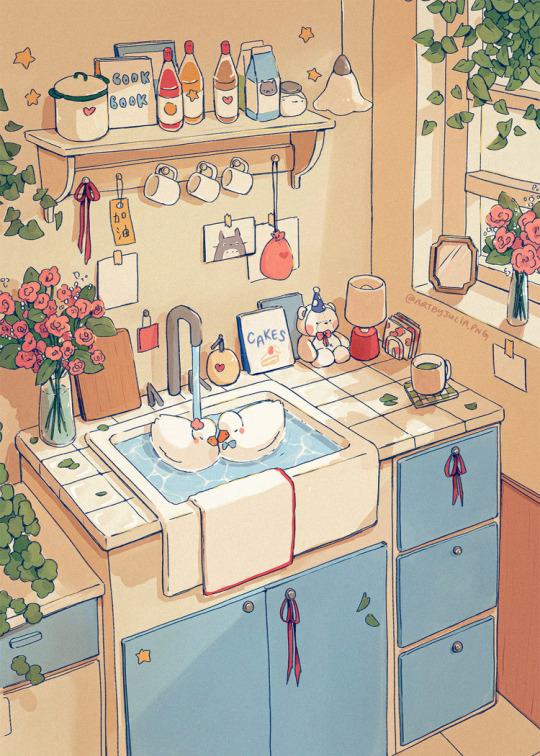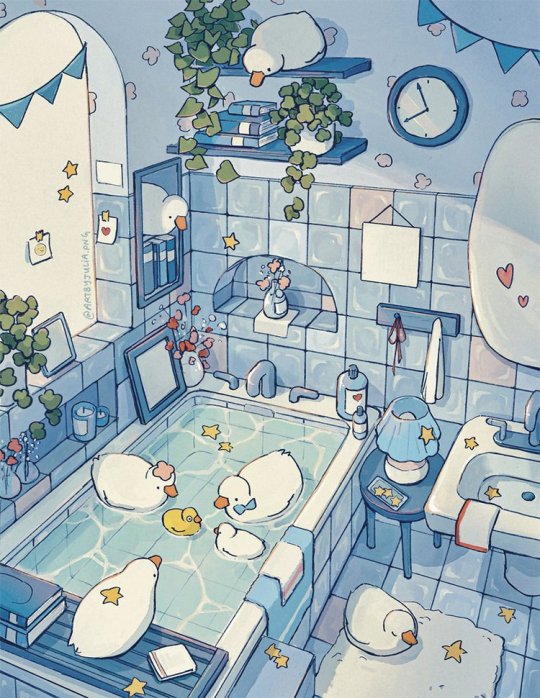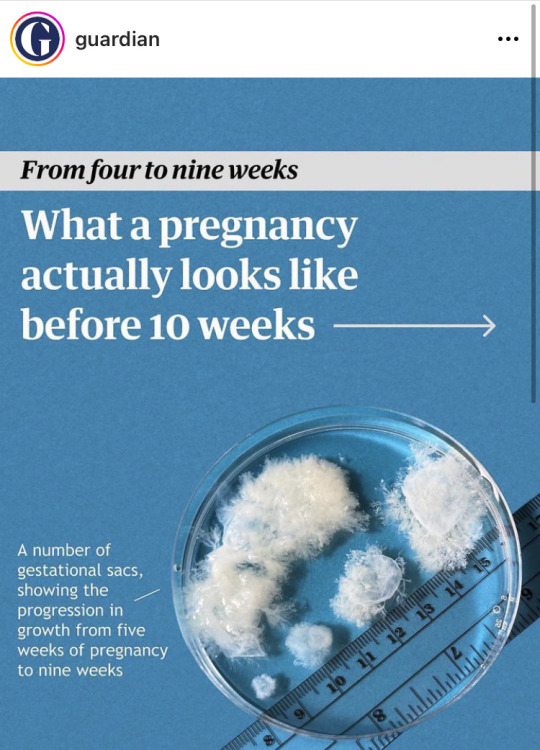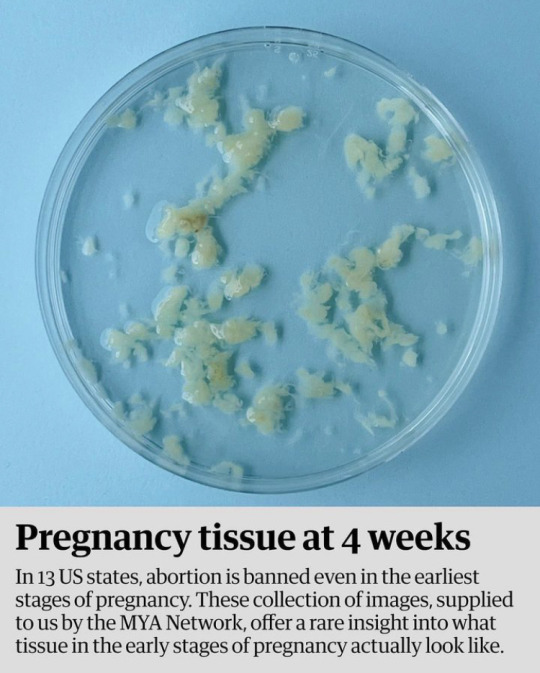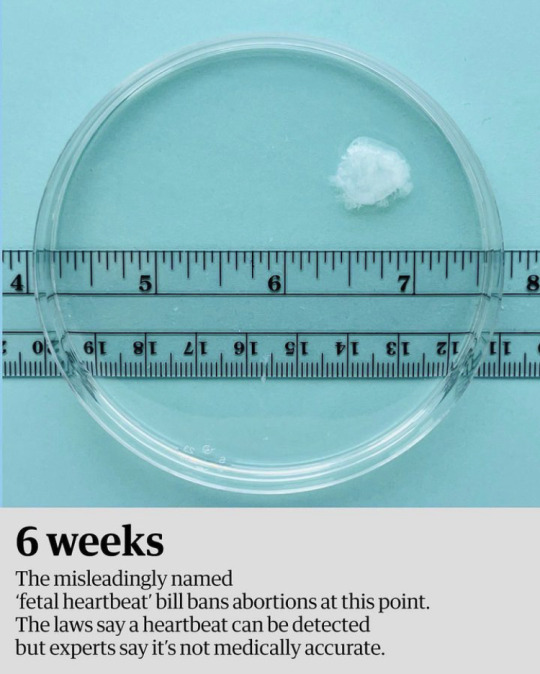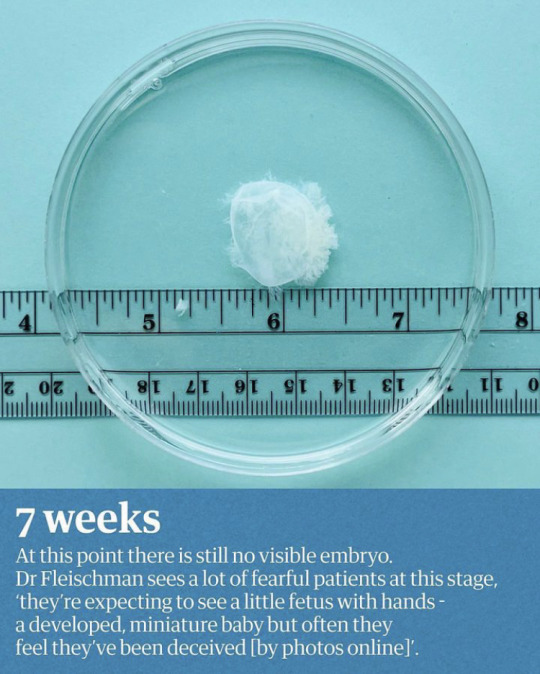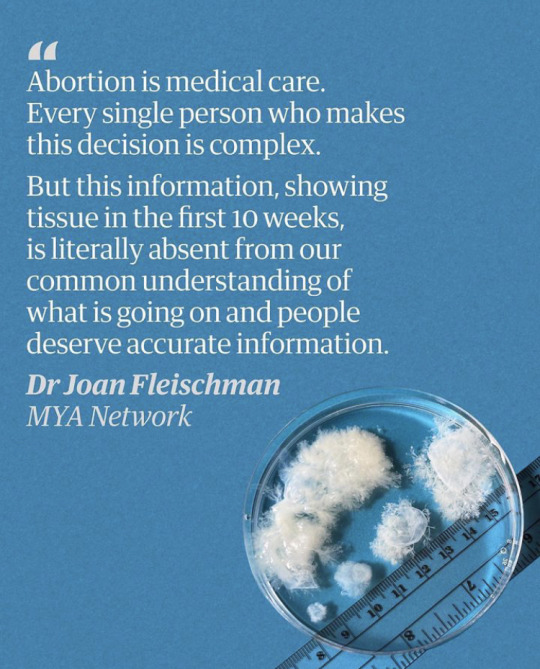Fantasy & sci-fi author. Journeys of persuasion, and acts of wild creation, all told with an aggressive love of language. They/he. Left-handed!
Last active 60 minutes ago
Don't wanna be here? Send us removal request.
Text
I wholeheartedly endorse all of this.
It may not be true for all writers (it probably isn't), but it is certainly true for me and I think it is true for most.
think that everyone has their own personal theme in life
22K notes
·
View notes
Text
I appreciate the 2000s-era graphical fidelity of that chart and also the fact that "cherry" gets four entire designations out of twelve total.

#“Sir! The resistor is glowing salmon!!!” 😰#“Let's hold out till it gets to lemon. You can't have salmon without lemon.”#“Sir I don't think you're taking this seriously enough!”
21K notes
·
View notes
Text
1/ty is basically the text version of 😒, 🙄, 😤, or 😠, depending on context. I like it; I think we should adopt it!
oh your pronouns are he/they?
well that’s mathematically incorrect becuase you can still simplify the fraction since both sides have “he”
making your pronouns technically 1/ty
210K notes
·
View notes
Text
To be clear, I dislike that kind of framing too. Or, rather, I dislike reductive attitudes about it.
Fip can correct me if I am mistaken, but I gathered that she was talking about ambiguous jobs that don't have clear definition (which is often manifested in their baffling, corporate-speak job titles) and seem to exist independently of their company's overall success. I also think that, in articulating this concept, she was not necessarily endorsing it fully, but only in part.
My point in saying that is that I don't think she was taking a reductive view of it, and neither do I. I think there really is some variation in the absolute importance of various economic roles. But I think this variation is a lot subtler and less intuitive than many people give it credit for, which is also why I can say that I think I largely agree with you as well in your defense of what you describe as "work that does not appear to be linked directly to labour."
All economies have concentric layers of specialization that are increasingly far removed from the center as a given economy grows more sophisticated, developed, elaborate, and integrated. In positional terms, no role is more "important" than farmers and the people who directly manufacture critical goods (like clothing and basic tools), inasmuch as farmers et al. are at the core of the whole thing. And, to your point about subsistence farming versus industrial farming, "farmer" is definitely an oversimplification of the modern agricultural sector as a whole, which also includes the various types of farm workers, the chemical manufacturers, seed producers, truckers, warehouse workers, etc.; all of these jobs are immensely important. And this gives us some foreshadowing about the importance of roles father out.
But this measure of importance with respect to a role's proximity to the center is somewhat misleading; it is akin to saying that the most important people in history were merely the ones who lived first, without whom none of us would exist, whereas if Rick from 1952 had never existed much of the present-day world would still be intact. This is circumstantial. It doesn't really say anything about what they did so much as where (or when) they have existed in the larger structure of human civilization. Many people only go so far in their thinking as to say "The world can survive without commercials but not without food." And, in this conceptual framework, the hierarchy is absolute. But this isn't highly accurate in depicting reality. Food may be more important than anything else, but to the extent that we measure our quality of life in terms of our way of life, food is inextricably tied to other material goods and services. And, interestingly, it is actually the farther away you go from the center, into increasingly specialized and esoteric roles, that you discover the kinds of jobs that allow our modern technological society and thus our way of life to exist: aerospace workers, computer programmers, electricians, etc. Without them, we would not be able to interface with and access food the way we do. (Among many other benefits.)
I fully recognize the importance of highly-specialized roles. Of course I do; not only am I pretty smart, but I also have a career built relatively far out in the periphery. I am proud of the work I have done, precisely because I recognize the value of it, which you articulated yourself so well in your paragraph about what it is marketers do. And I have always tried for my work to live up to its potential, and, when it comes to the work I have done in SEO marketing, that means that I have always fought against the ever-growing slop that pollutes the Internet (which is a major criticism I have of that industry and many of the people who work in it).
I understand that these kinds of roles are often instrumental to, and directly responsible for, growing the scope of a company's operations, tightening its efficiency, and increasing its fiscal performance. And I understand that these kinds of roles often make life a lot easier and safer for the people out in the field.
Nevertheless, with regard to my original post and the implicit endorsement of the premise of absolute degrees of importance that went along with me posting it as I did, saying that I think my most important job to date involved none of my lifelong-built creative talents but simply required bleeding, I honestly do rate some jobs as being absolutely more important than others, regardless of their position in the economy with respect to the center and the periphery.
Many roles in the world of work are basically shortcuts or facilitators, things that make life easier or more convenient. Their nature is supplementary and/or complementary. In the commercial writing and editing I've done, as opposed to my creative writing an artist, I very much understand that my work is not as valuable as many of the other roles in the pipeline. In fact I have often felt uncomfortable because of this over the years, because I have frequently worked with clients who clearly understood that my contribution was far less important to their efforts than that of their core workforce.
To give an example: A recent client of mine contracted me to edit, provide research for, and occasionally compose environmental study reports for real estate developers. My work made the end results easier to read, more accurate, and more professional-looking. But I was not the one physically going out into the field, digging sample plots, testing soil, delineating wetlands, etc. The utility of this company to its clients lay almost entirely in that area. And I also wasn't a part of the necessary administrative apparatus; I didn't balance the books or any of that stuff. And, in the end, my role was phased out because the company owners just didn't see the value. And even though I tried my best to make the case to them for the value of my work, I understood where they were coming from. They probably would have been better off spending the money hiring another ecologist. Yeah, without my touch their reports have more errors and don't read as well, but...well. The regulators who read those reports don't care. And a simple typo or a badly-written paragraph isn't going to trip them up, because they read thousands of these reports and know what to look for. You see my point?
I do think my work is valuable. But it's not as important as the work of actually going out in the field and doing the thing. Operational roles are fundamentally more important than support roles. The former need the latter, to varying degrees of dependency, in order to reach their potential. And, in that collaborative holistic respect, yes, the vast majority of work roles are important. But, at the end of the day, it's the people who make the food and wipe down the tables; the people who lay the pipes and clean them out when they're blocked; the people who service and maintain the airplane and the people who fly it...it's the people who perform these roles that do the most important work of all.
That's my opinion, anyway. And, in my original post where I discussed my appraisal of the relative importance of my lifetime of work, I certainly have the right to make that assessment of myself. If I were to conceive some abstract measure of contribution to the world that is a function of number of people helped multiplied by the depth of help provided, I think my hundreds of liters of blood plasma have probably done more good in the world than all the product descriptions, and metadata improvements, and topical articles that I've ever been paid to write. It's a bitter pill to swallow, but not so bitter, because I've never really seen it any other way. I do that work to pay the bills. I don't compare it to my art. Art is essential. Art is quintessential. I would rank my art as having contributed more good to the world than all my paid work combined. Art helps make the drudgeries of day-to-day life bearable. Art liberates and elevates the mind and the spark. Art breathes meaning into atoms and stories into the wind.
But no one wants to pay for art. 🙃 That's the true bitter pill.
you know there is this concept of bullshit jobs, right, this idea that some jobs are there for absolutely no reason at all except as a cancerous growth of red tapping or uncontrolled bureaucracy, and on a more reactionary bent there is this feeling that certain jobs are bullshit jobs because they dont "produce anything" or "dont make a widget" and are either woke nonesense like a proffessor of gender studies or pointless faffing about like an analist of logistical operations.
not to fall too deep on that kind of thought but i am a bit glad that my job has a certain ammount of timelessnes to it. "interpreter" the person in charge of translating a conversation between two people who dont speak the same language. i could believe that this is a job that existed in some shape or form since the times of ancient mesopotamia when long distance commerce between nations truly kicked off.
there is such an immediate palpable clear cut service that is being provided. i like that.
71 notes
·
View notes
Text
I know exactly what you're talking about! (In both senses, lol.) The kinds of queer spaces you frequent have long been very loudly sexual. I think that goes back All The Way, i.e. for as long as there have been organized queer liberation movements. It is the simplest and probably the most ancient form of subversion of a taboo: unapologetic, childlike defiance.
I don't think I agree with you, though, on the other side of the coin, that the Internet as a whole used to be a lot more prudish. My experiences go back almost thirty years at this point, and sexual openness on the web was always significantly stronger than sexual openness in society at large. Now, granted, my baseline was American society, and we are notorious prudes (especially given how raunchy and sex-crazed our culture is) owing to the fact of the nation's Puritanical origins. Nevertheless, given that so much of the Internet (especially the English-language Internet) was always American, I think the comparison is still an apt one.
Sexual discourse may have been less explicit and noisy, but that isn't the same thing as prudishness. There was a lot of sex on the old Internet, and on the 2000s-era Internet too. Not just the obvious stuff like porn and erotica, either; sex and sexuality were conversationally present in many places where discourse occurred. This was especially so in private places like chatrooms and IM windows that went completely unmonitored by external authorities (more or less), and to a lesser extent on permissive message boards and bulletin boards that were usually only monitored by moderators and admins (as opposed to company owners and officers). Many independent small websites were also permissive, and more than a little bit naughty.
I do not mean to gaslight so take this next bit purely as a speculation: I suppose it is possible that what you are remembering may be at least in part that these expressions of sexuality online in bygone times were often based more in innuendo, "tasteful" allusions, and deliberateness, as opposed to the much more explicit and vocal expressions of sexuality that is en vogue in many queer spaces today. But one is not more constrained than the other; these are simply different ways of expressing sexuality, informed by different eras and different cultural demographics of people. The modern Internet is a lot more trashy and degenerate because it now more accurately reflects the entire cross-section of humanity; whereas thirty years ago the sorts of people getting online were disproportionately literate, intelligent, and "cultured," and would have been more frequently inclined to expressions of sexuality that were more psychologically intriguing as opposed to anatomically straightforward.
It's also entirely possible that you are simply referring to parts of the Internet that were much more heavily regulated even in the 2000s, e.g. corporate-run message boards and early social media networks. Corporate spaces are almost always going to be, as you say, prudish. Unless they're doing business in the Various Industries of Salacity. And sometimes not even then!
When i told a friend of mine that hrt had reduced my sex drive considerably they said tjey found the notion somewhat terrifying given how absolutely horny and kinky i tend to come across on my dash which actually gave me plenty of food for thought.
On a purely physiological level i do masturbate a lot less and i do tend to never get boners. That is true. On the other hand i have become a lot more open about sexual topics and about my fetishes and sexual interests. But if i examine it i think that is more due to a cultural shift than any personal lifestyle changes.
I remember how nerd spaces used to be, at least the ones that i hung out at. The internet used to be a lot more prudish in many senses. Sex was more of a punchline than something you were ever honest or open about. The word in everyones lips was "pervert" we would throw the word pervert around like it was a summer sale. We would call people pervert for admitting to read sexy magazines, we would use the word pervert if someone thought about boobs at all. We had the fucking meme "ive seen enough hentai to know where this is going" and it was always used if like tentacles appeared in any kind of context.
People were supposed to be like coy around sexual issues. You were supposed to be a lot more apologetic and embarrassed if like any detail about your fantasies was ever revealed. It was a time when being a furry was considered the absolute nadir of sexual crimes. Another tired joke was the whole "when an X and a Y love each other very much..." and so that was kind of the attitude i adopted myself around those topics when i was younger.
It wasnt until i started hanging out in more recent queer spaces that there was a shift and suddenly being like openly, proudly, almost vulnerably degenerate became vouge. Where i started spending time in discord servers where passing your own nudes around was like the standard greeting. I gotta say i do appreciate this energy a heck of a lot more.
But also there were personal changes, 100%
Now porn hits different, it has much more of an emotional reaction than a physical one, so in my head is like "well, its less gross if im sharing it because it gave me weird feelings than if it gave me a boner". It feels more like an artistic statement than just being horny.
And also, and this one is a little sad, i feel less gulty about being horny as a woman than i did as a guy. Which is not how the world should work but its how it does.
119 notes
·
View notes
Text
Regarding your original point, I think about this myself sometimes. Unfortunately, my entire marketable skillset exists very far out on the periphery of mechanical relevancy to society. And we are passing into an era where my central career focus—writing and editing—are both becoming afterthoughts to the people who shell out money for them.
Just a couple days ago I was trying to pin down the most "important" job (i.e. paid labor) I've ever had in my life, and I ended up deciding that it was my years of blood plasma donations, which weren't technically a job at all, but were monetarily compensated and so for all intents and purposes were a job. I helped some people (mostly affluent people, sadly) to be a little healthier and/or less ill. I think that's the most important job I've ever had.
I also won the 2016 gubernatorial election in the State of North Carolina, but I think the blood plasma beats that out rather handily.
you know there is this concept of bullshit jobs, right, this idea that some jobs are there for absolutely no reason at all except as a cancerous growth of red tapping or uncontrolled bureaucracy, and on a more reactionary bent there is this feeling that certain jobs are bullshit jobs because they dont "produce anything" or "dont make a widget" and are either woke nonesense like a proffessor of gender studies or pointless faffing about like an analist of logistical operations.
not to fall too deep on that kind of thought but i am a bit glad that my job has a certain ammount of timelessnes to it. "interpreter" the person in charge of translating a conversation between two people who dont speak the same language. i could believe that this is a job that existed in some shape or form since the times of ancient mesopotamia when long distance commerce between nations truly kicked off.
there is such an immediate palpable clear cut service that is being provided. i like that.
71 notes
·
View notes
Photo
Lol, this wasn't originally posted on July 1, but I am seeing it on July 1, and I thought that was the whole joke.
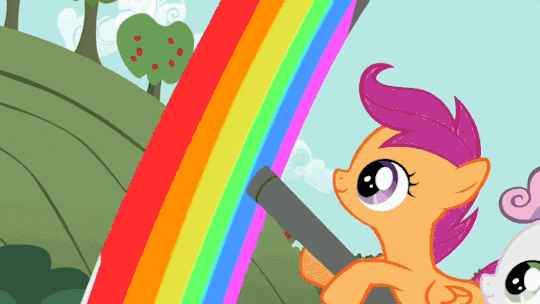
125K notes
·
View notes
Text
"Er...we're gonna need one of them thar Wonka elevators, Boss."
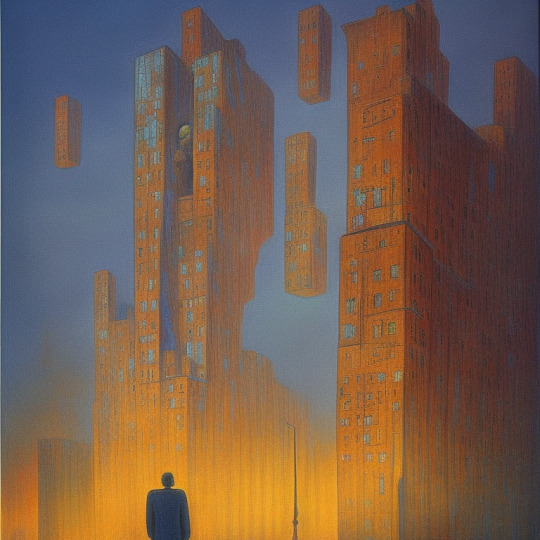
"man in suit in city with skyscrapers at night by"
15 notes
·
View notes
Text
:3
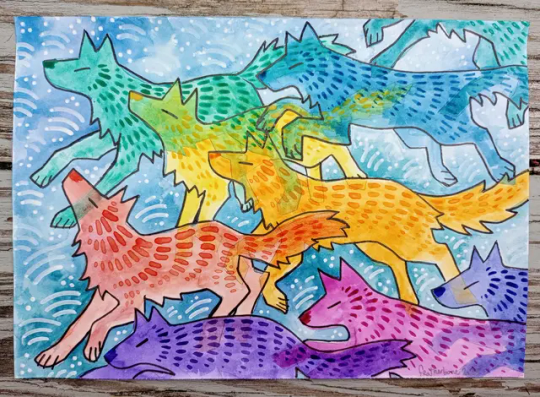





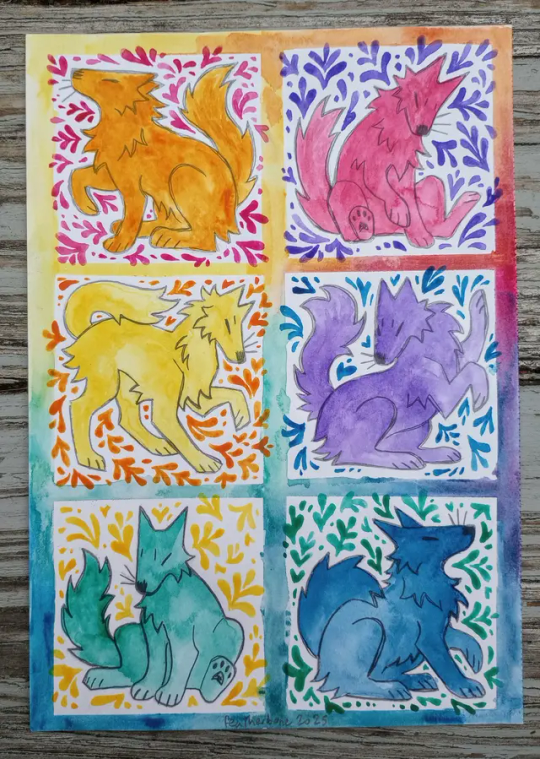
Ring a ding ding new paintings new paintings !!
These are original watercolors available until claimed in my shop, along with a bunch of other cool prints, stickers, and other animal art that you can put in your house!
3K notes
·
View notes
Text
Endorsed.
cherry season? consider a pound of cherries for breakfast. it's never too early or late in the day for a pound of cherries (for breakfast)
46 notes
·
View notes
Text
In Galaxy Federal the currency is the batloo and in The Curious Tale basically every nation has its own currency. And that's before getting into denomination names. 😂
I actually have a hard ban on the word "credits" in my science fiction as it pertains to currency names, so "batloo" is an explicit spit in the face of that soulless genericism, being as earthy as possible. Out-of-world, it's inspired by the Mayan baktun (a unit of time) and that whole, silly "13th Baktun" end-of-the-world craze from back in 2012. (Something most kids today weren't even alive for, fuck me.)
In-world, I haven't come up with a backstory for the batloo, yet. I have a high bar to meet, given the rich lore of the dollar, which more or less literally means "valley," except that its etymology actually routes through the delightfully devilish Joachimsthaler, i.e. "Valley of Joachim."
*names the currency in my fantasy world "credits"*
#Galaxy Federal#The Curious Tale#Worldbuilding#Fictional currencies#Currencies#World history#Dutch history#American history
1K notes
·
View notes
Text
This is great! She's the best.
One of the problems with making all your female characters skinny all the time is that you can never use weight symbolically (except in fatphobic or fatsexual ways with regard to fat characters specifically). But by unlocking the body size and proportion knobs, you open the door to so much possibility, including these huge rediscoveries of existing characters. Given Zelda's status as a paragon of wisdom, a ruler of her kingdom, and a descendant of divinity, "Fat Zelda" has so much potential to portray these qualities in a new and refreshing light. I think this fanart really captures the essence of that!
hate that like every iteration of zelda is skinny. put some meat on her bones hylia is literally fat
12K notes
·
View notes
Text
Calvin & Hob
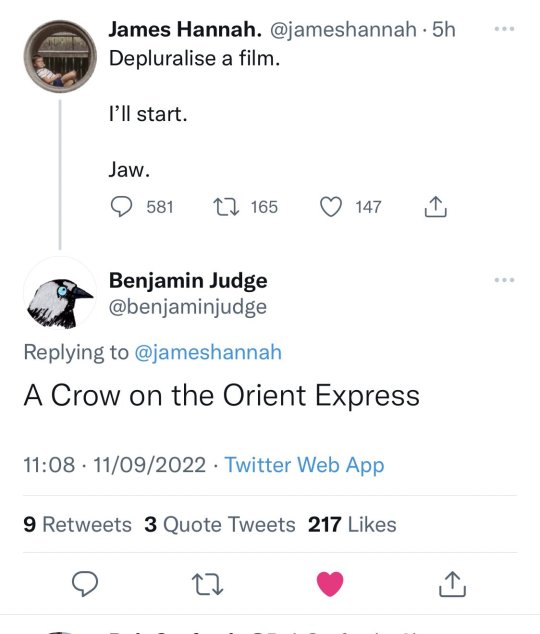
#🤪#George Meets Fred#5 points to the first person who figures that one out#I also like the idea of pluralizing a singular#Several Flew Over the Cuckoos' Nests#The Hobbitses#The Matrices
62K notes
·
View notes
Text
This is the Klein bottle of the Cool S world. We're just not seeing all of it; we're not on enough levels, man!

22K notes
·
View notes

